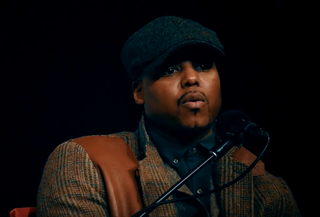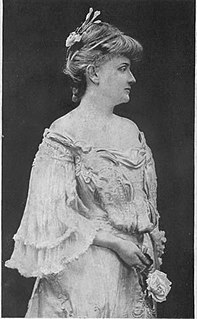A Quote by Titus Kaphar
All of depiction is fiction, it's only a question of degree. When we think of images, such as the signing of the declaration of independence, we think of that wonderful John Trumbull painting Declaration of Independence that is at the Yale Art Gallery and on the back of our money. When we think of that historical moment we think of that image. That image never happened like that. All of those people were never in that room together to sign that paper. It's a beautiful fiction to help us have an understanding of what went on.
Quote Topics
Related Quotes
The thing to remember about the Declaration of Independence and the profession of freedom is that it was written by people who were quite free and who were surrounded by people who were not free. The people who wrote the Declaration of Independence were ventriloquists really. The obsession with freedom makes no sense when it applies to them.
The Declaration of Independence was only partially applied for women and for certain immigrants such as the Chinese. And it wasn't applied to get rid of corporate welfare and cronyism. People who had special connections got special deals from the beginning. So all of those violations of what the Declaration of Independence expressed, have led to the problems we have today. So, the sins of the fathers are visited upon the sons for seven generations, or much longer. Forever.
The year 1776, celebrated as the birth year of the nation and for the signing of the Declaration of Independence, was for those who carried the fight for independence forward a year of all-too-few victories, of sustained suffering, disease, hunger, desertion, cowardice, disillusionment, defeat, terrible discouragement, and fear, as they would never forget, but also of phenomenal courage and bedrock devotion to country, and that, too they would never forget.
I like to be depressing. I feel it's my duty to make everyone a little less happy. You know that line in the Declaration of Independence, "the pursuit of happiness"? I've come to think that it has no meaning at all. You cannot pursue happiness. And to think that this bad little sentence has determined our lives.
What interested me in film was the image-making aspect of it. So, I went to school in cinematography. I was really convinced that image was what I wanted to do, and I think it came from the fact that I lived in a small town my whole life, but my mother was very interested in painting, so she would bring us to Paris for two weeks. So, we're going to the Louvre and to the museums and to see shows. In the evening we were seeing theater. Painting is basically what led me. I think the image was key.





































